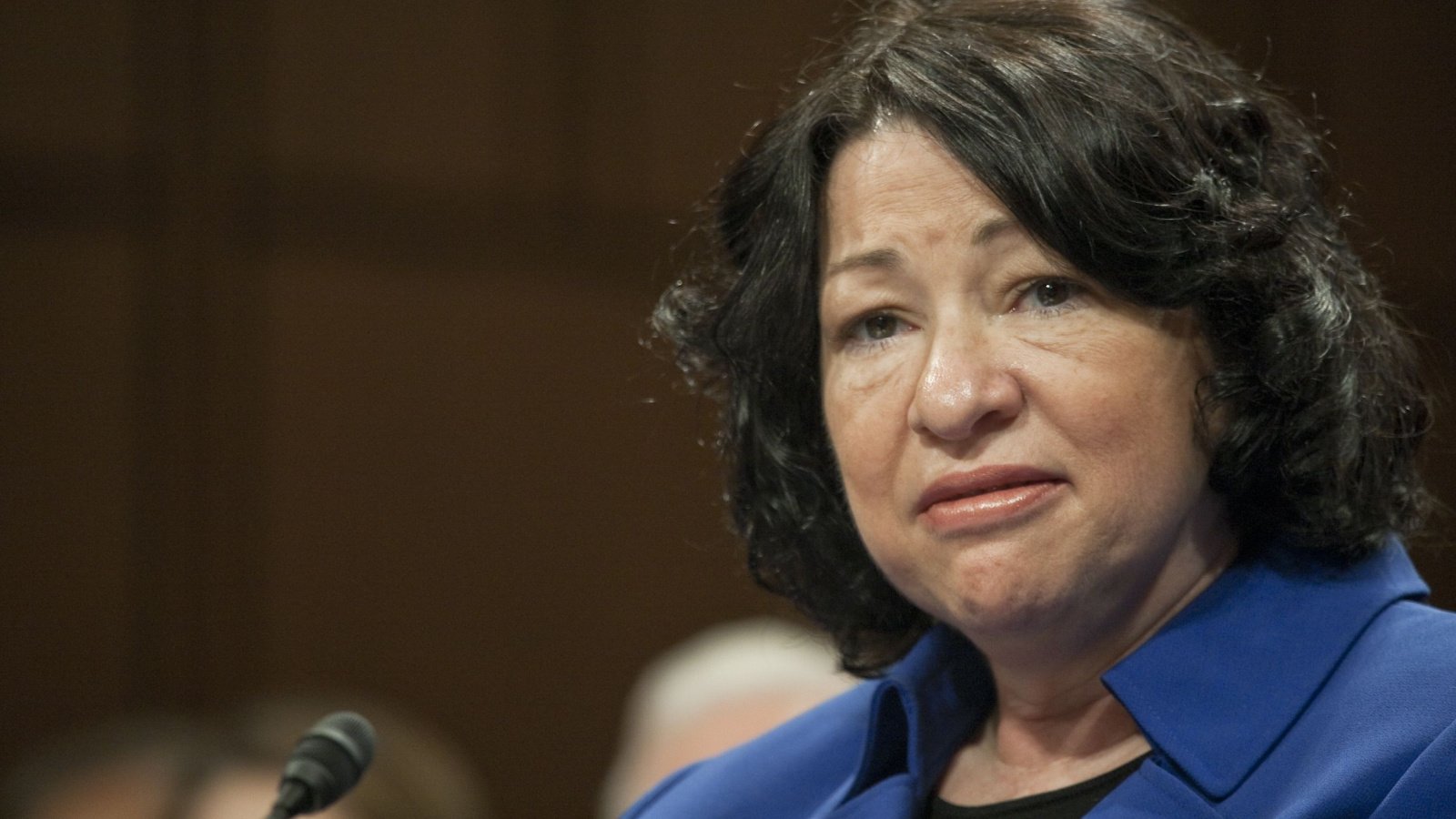The Biden Administration is set to announce the expansion of two notable national monuments in California. The expansion will include the San Gabriel Mountains National Monument and the Berryessa Snow Mountain National Monument, both of which hold significant environmental and cultural value.
Obama-Era Designations to be Expanded

These monuments were originally designated during Barack Obama’s presidency, marking them as areas of critical environmental protection. The upcoming expansion underlines the Biden Administration’s commitment to continuing and enhancing the conservation efforts initiated by its Democratic predecessors.
San Gabriel Mountains National Monument
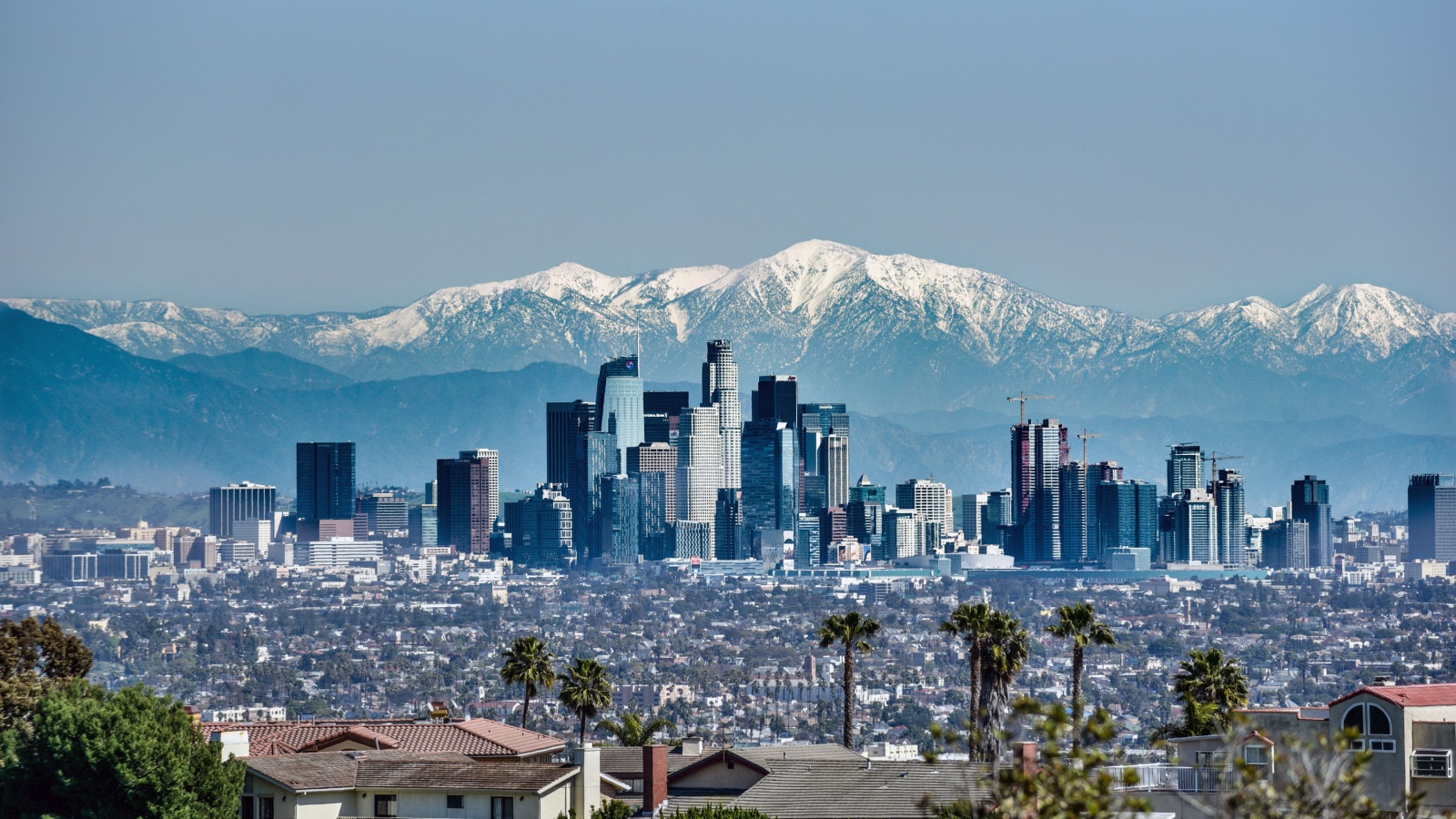
Situated in Southern California, the San Gabriel Mountains National Monument is a biodiversity hotspot. It houses various species, including the endangered California condor and the mountain yellow-legged frog. Additionally, the monument is geologically significant, encompassing the San Andreas Fault, making it a key area for scientific research and environmental education.
Berryessa Snow Mountain National Monument
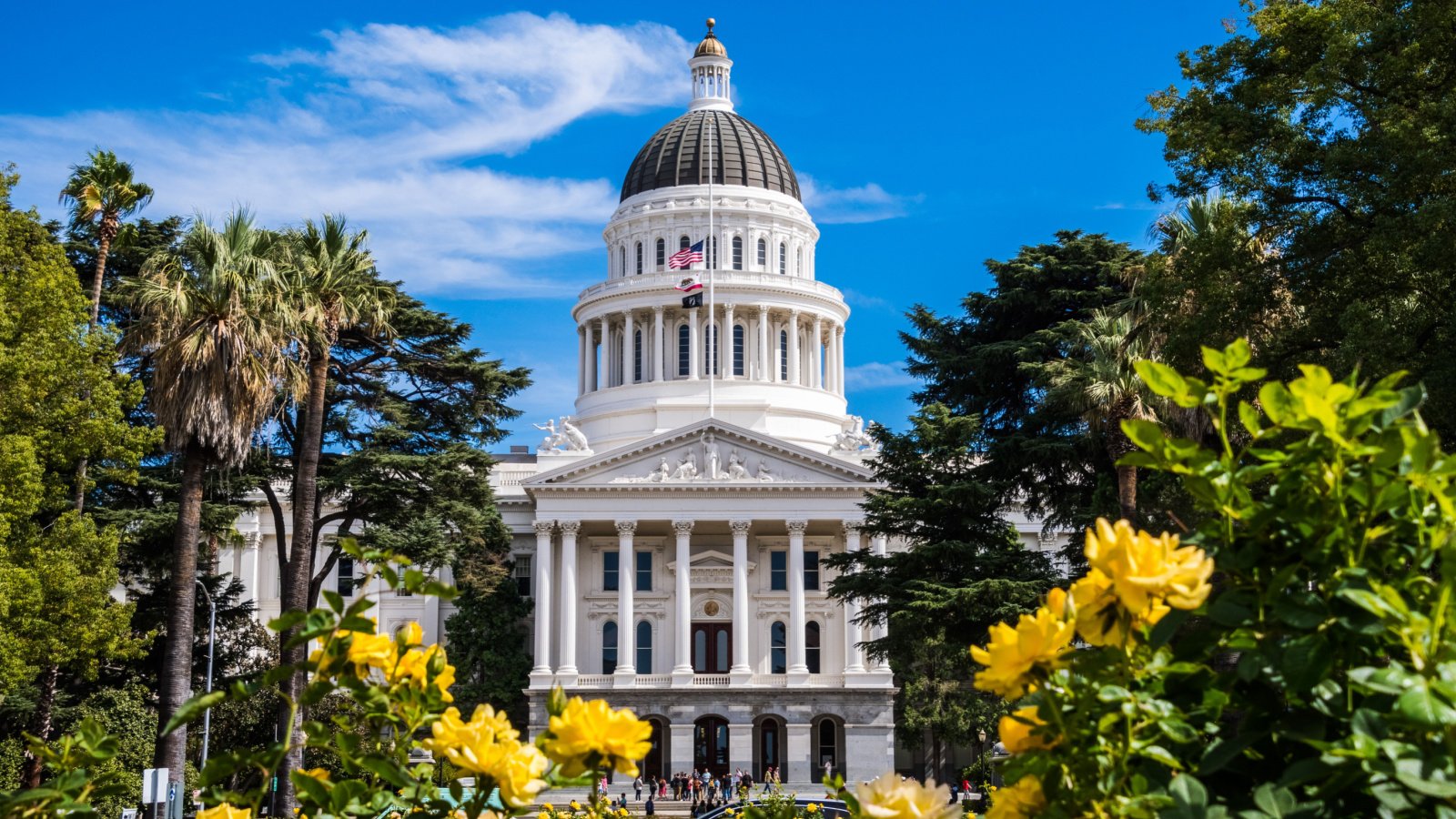
Approximately 80 miles northwest of Sacramento lies the Berryessa Snow Mountain National Monument. This area is renowned for its breathtaking wildflowers and dramatic, steep canyons. It serves as a vital habitat for wildlife and offers numerous recreational opportunities for nature enthusiasts.
Initial Reporting by The Washington Post

The plans for expanding these monuments were first unveiled by The Washington Post, signaling a significant development in the Biden Administration’s environmental policies. This move has been anticipated by conservationists and environmental organizations advocating for increased protection of natural lands.
Anticipation Builds for Earth Day Announcement

Speculations suggest that the official announcement regarding the expansion could coincide with Earth Day on April 22. This timing underscores the administration’s dedication to celebrating and preserving the planet’s natural resources.
White House Maintains Silence

Despite the circulating reports, the White House has yet to formally comment on the matter. However, climate adviser John Podesta hinted at upcoming conservation efforts during an event hosted by The Washington Post, suggesting that the administration has plans to protect more public lands in the near future.
Aligning with Conservation Goals
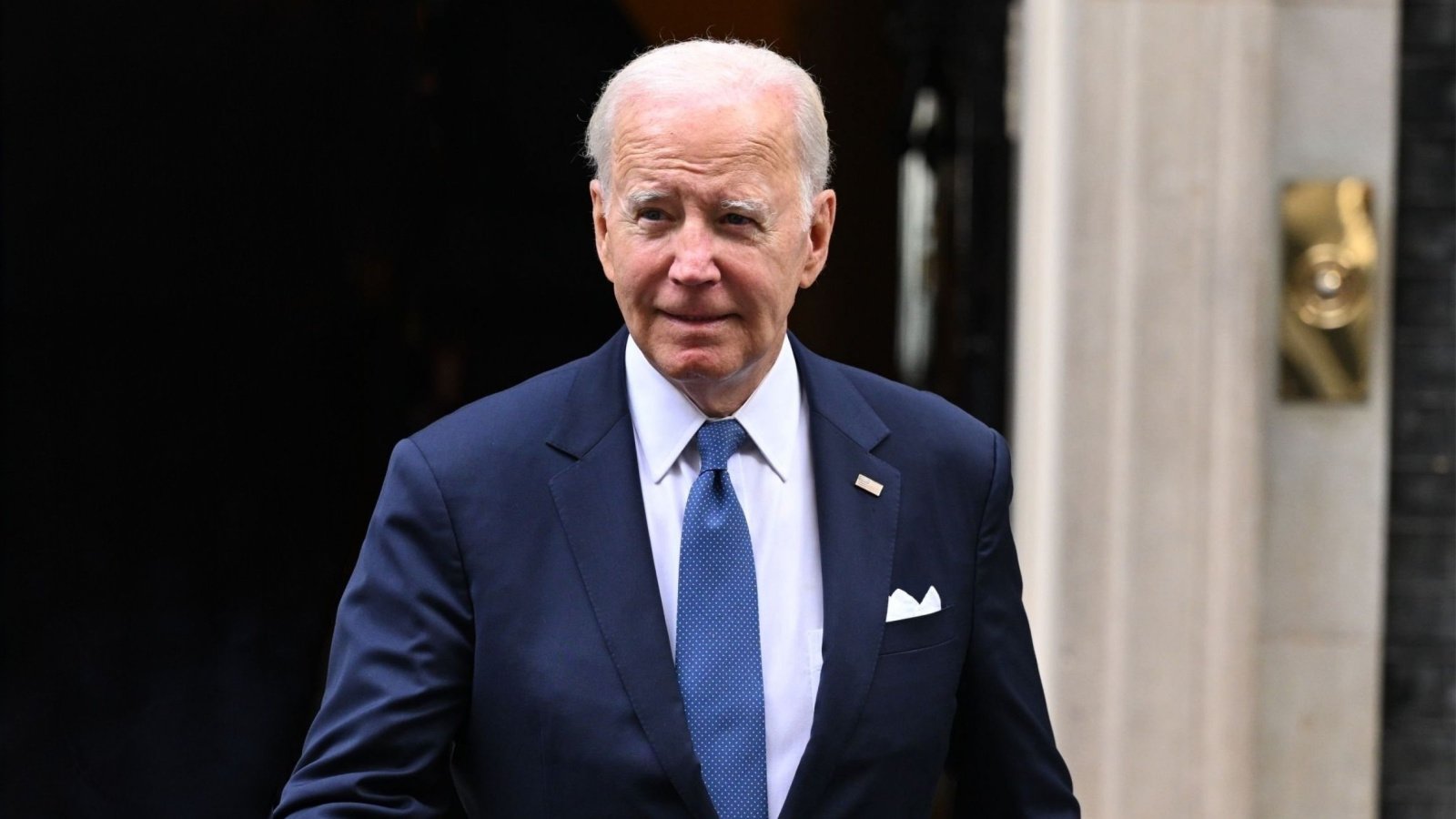
This expansion effort is part of the Biden administration’s broader goal to conserve 30% of America’s lands and waters by 2030. This ambitious target reflects a growing recognition of the importance of preserving natural habitats and biodiversity for future generations.
Support from California Democrats

The push for the expansion of the San Gabriel Mountains National Monument has received strong support from California’s Democratic representatives. Rep. Judy Chu and Sen. Alex Padilla have been vocal advocates for increasing the monument’s size to improve public access to land and protect vital water sources.
Advocacy for Public Lands Access
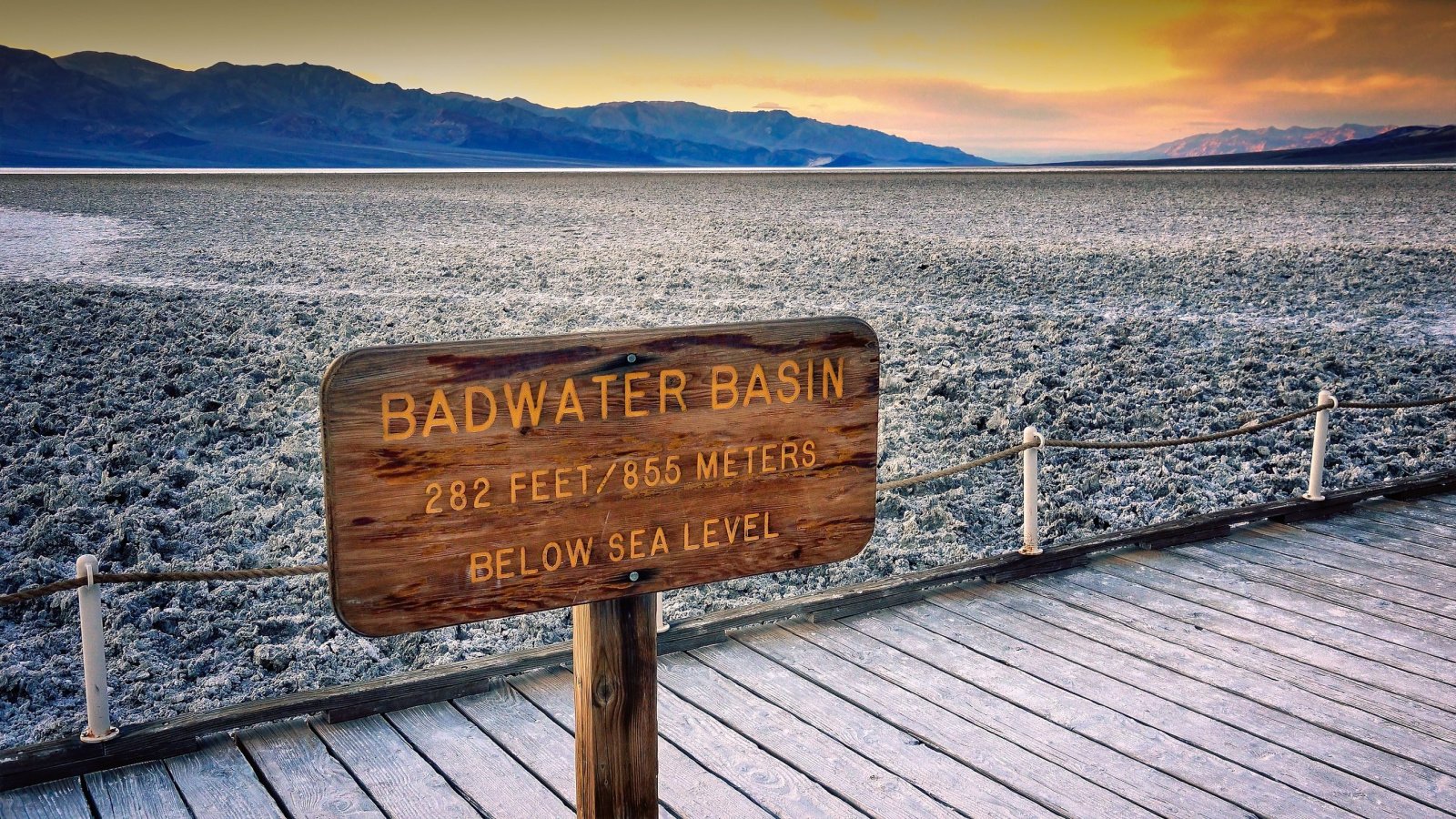
Enhancing public access to these natural areas has been a key focus of the proposed expansion. By increasing the monument’s boundaries, the administration aims to make these unique environments more accessible to the public for recreation and education.
Protection of Clean Drinking Water

Another critical aspect of the expansion is the protection of clean drinking water supplies. The San Gabriel Mountains, in particular, play a crucial role in providing water to the surrounding regions. Ensuring the preservation of this resource is paramount for the health and well-being of millions of Californians.
Economic, Health, and Environmental Benefits

According to Rep. Judy Chu, the designation and subsequent expansion of the San Gabriel Mountains National Monument will have far-reaching benefits. It is expected to positively impact the region’s economy, enhance public health, and contribute to environmental sustainability.
Conservative Response, Economic Development

Conservatives may take issue with the Biden Administration’s goal of conserving 30% of America’s lands and waters by 2030. Conservative opposition to expanding public lands conservation often stems from the prioritization of economic development and property rights. Many times, expanding public lands can restrict access to natural resources that could be used for commercial development, mining, logging, and agriculture. Such restrictions limit job creation and economic growth in rural and resource-dependent communities.
Conservative Response, Property Rights

There is a strong emphasis on individual property rights within conservative ideology. Expanding public lands is sometimes seen as an infringement on these rights, with concerns that increasing federal control could lead to restrictions on the use of private land or reduce land available for private ownership.
Seeking a Balance

It’s important to note that not all conservatives universally oppose the expansion of public lands conservation. Some support conservation efforts but seek a balance that also considers economic impacts, property rights, and local control. The debate over public lands is complex and reflects broader discussions about how to best manage and protect natural resources for future generations while also meeting current economic and social needs.





